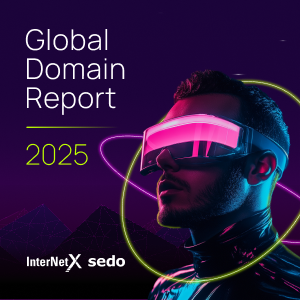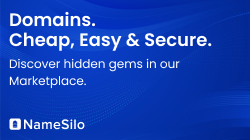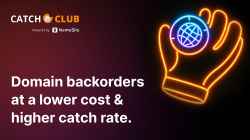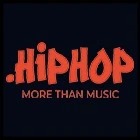I've noticed a growing trend on TV where (big) brands instead of ending the advert with good old www,bigbrand,com it's ending with~
#stupidwordtag or #tryingtobeclevertag
the poor old url taking a back seat it seems..?
Of course, we all know zat zee interveb marketing guru's are trying to drive branding exposure via social media - but to utterly omit any form of website url at the end or during the advert, I think is interesting...
...to deliberately not drive the user to your website where they are semi-captive and undistracted - yet can still go to the clever twatter/FB etc campaigns anyway.
A while back we had everyone using go to: facebook,com/mybusiness instead of the url, perhaps this is twit craze for a while..?
#stupidwordtag or #tryingtobeclevertag
the poor old url taking a back seat it seems..?
Of course, we all know zat zee interveb marketing guru's are trying to drive branding exposure via social media - but to utterly omit any form of website url at the end or during the advert, I think is interesting...
...to deliberately not drive the user to your website where they are semi-captive and undistracted - yet can still go to the clever twatter/FB etc campaigns anyway.
A while back we had everyone using go to: facebook,com/mybusiness instead of the url, perhaps this is twit craze for a while..?



















